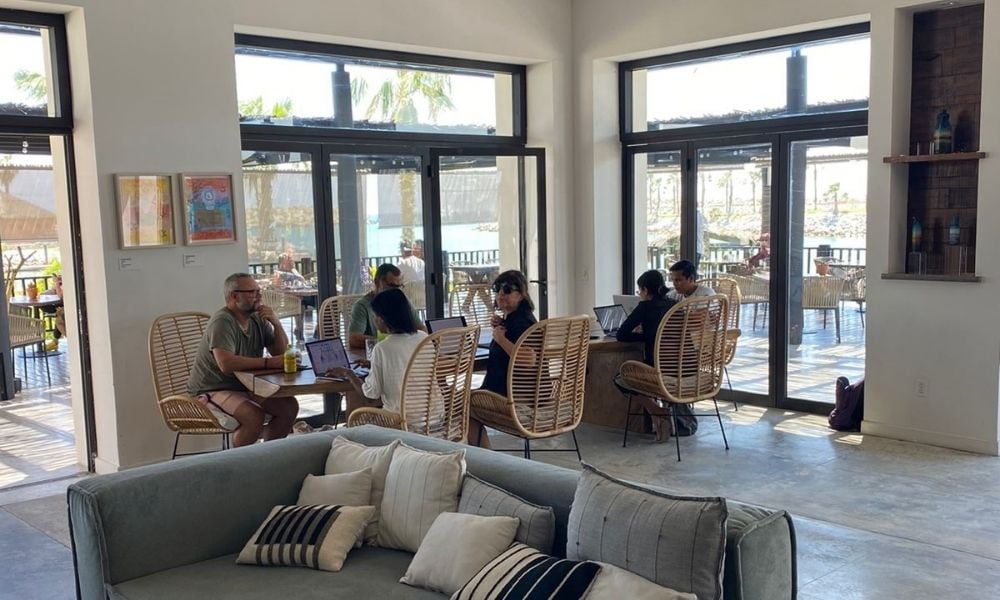'If you're taking a week-long vacation, we'll let you take another week of vacation where you're only working 50 per cent of your normal hours'

To combat some of the ill effects of the ongoing pandemic, could workcations be the answer?




